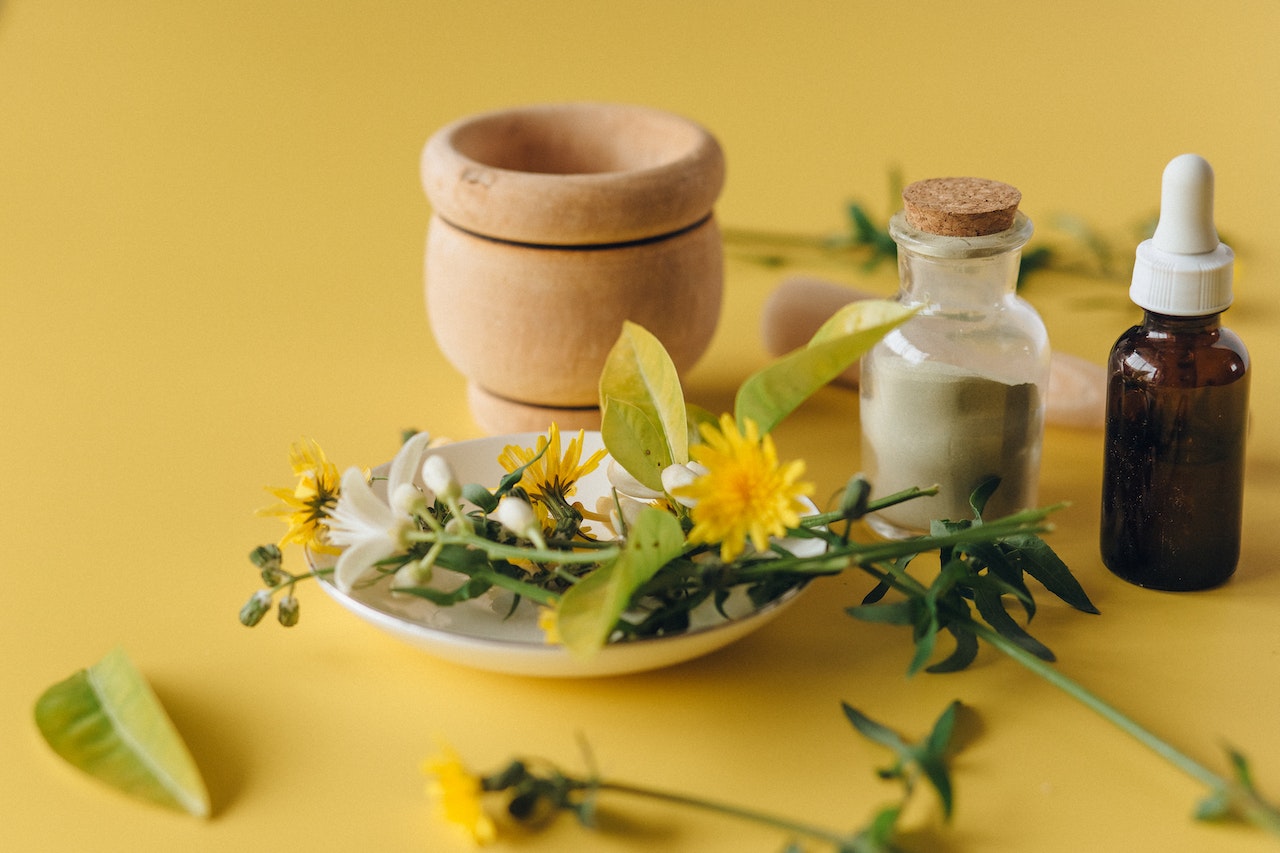
Homeopathy is a system of medicine based on the idea of “fighting poison with poison”, which entails using very small doses of various plants, animal ingredients, or minerals to stimulate the patient’s own resistance. As the name suggests, it means letting the patient’s body heal itself while the therapist or medications play the role of just pushing the boat, and the lighter the push, the better. Homeopathy is useful in the treatment of chronic periodontitis, acne, and allergies, among other conditions. Although this evidence is not conclusive, there is a large body of clinical evidence that homeopathy does have “real” (i.e., not placebo) clinical effects.
The therapeutic drugs used in homeopathy are derived from naturally occurring substances such as plant and animal extracts, ingredients of human origin, minerals, and chemicals. It is believed that these substances stimulate the body’s innate ability to heal. Therapeutic drugs are prepared by diluting these substances over and over again. Many homeopathic medications are so greatly diluted that the original ingredients are undetectable. Some homeopathic medications do, however, include additional ingredients (active ingredients) that may have an impact on the patient’s body.
Homeopathy is regulated and recognized in many countries around the world. In the United States, homeopathic remedies are classified by the U.S. Food and Drug Administration (FDA) as either over-the-counter or prescription drugs, but the FDA exempts these treatments from having to meet several requirements that other drugs must meet. For example, the properties and specifications of each active ingredient do not have to be tested by a laboratory before the drug can be sold. Similarly, manufacturers of homeopathic products are not required to provide evidence of the effectiveness of the product. Homeopathic treatments may contain alcohol, which is often used to dilute the drug. Currently, there are no restrictions on the amount of alcohol contained in these treatments.
Homeopathy spread widely in the 19th century because of its epidemiological success and recognition by prominent individuals; however, in many parts of the world, especially the United States, homeopathy experienced a sharp decline during much of the 20th century, but its use has increased worldwide since the late 20th century, especially in France, England, Germany, Greece, India, Pakistan, Brazil, Argentina, Mexico, and South Africa.
Fisher, P. (2012). What is homeopathy? An introduction. Frontiers in Bioscience-Elite, 4(5), 1669-1682. [Link]
Mourão, L. C., Moutinho, H., & Canabarro, A. (2013). Additional benefits of homeopathy in the treatment of chronic periodontitis: a randomized clinical trial. Complementary Therapies in Clinical Practice, 19(4), 246-250. [Link]
Shraddhamayananda, S. (2014). EFFICACY OF HOMEOPATHIC MEDICINES IN THE TREATMENT OF ACNE. [Link]
Ullman, D., & Frass, M. (2010). A review of homeopathic research in the treatment of respiratory allergies. Alternative Medicine Review, 15(1), 48. [Link]
Photo by Nataliya Vaitkevich on Pexels
